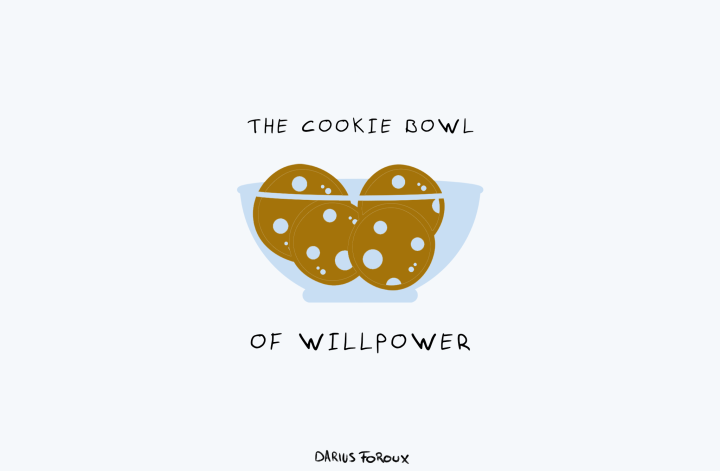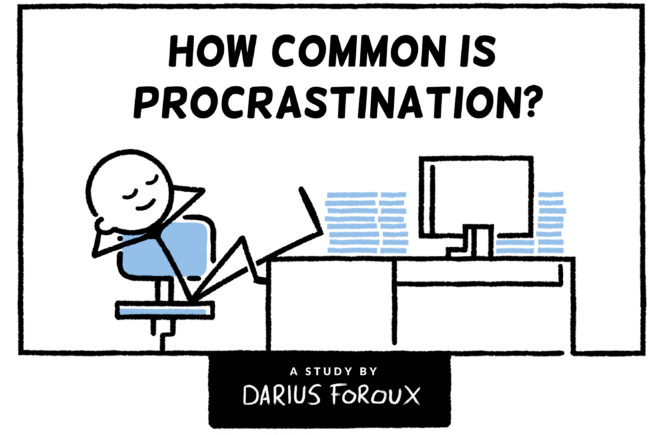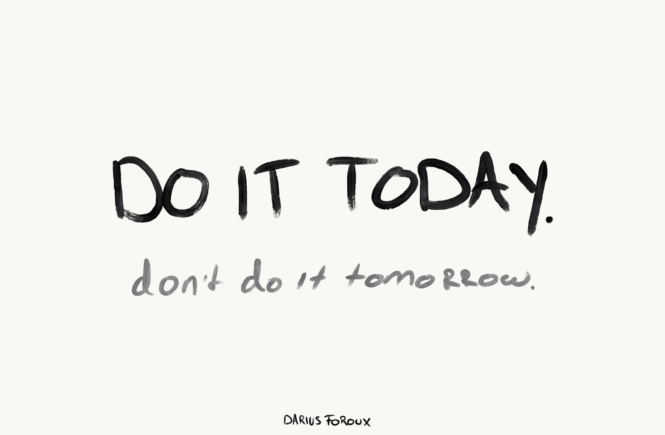Update April 27, 2020: In this post, I talk about Blinkist. I’ve stopped using their app and no longer recommend it.
“Which book on my reading list should I read next?”
Does that question sound familiar?
Once I cross off a book from my reading list, I always add 1 or 2 new books. It’s a never-ending adventure of discovering new books.
It’s fun. But also frustrating.
By now, there are hundreds of books on my reading list. And there’s no way I can read everything. I’ve finally realized that.
I also realized at an early age that with the right knowledge, you can achieve anything.
But there’s a problem — books take time to read. Even when you train your reading skills and can read faster, it will take you at least several days to read a book.
You must be selective with the books you read.
That’s very difficult. Most of us decide to read a book after reading reviews. But I don’t think that’s a good system. I’ve often read negative review about books that changed my life.
Books mean different things to people. That’s why I try to create book recommendation lists with more in-depth explanations.
But still, recommendations are reviews that rely on other people’s opinions.
And if you, like me, add new books to your reading list every week, you will need a more reliable system to select books.
In the past, I would spend the whole evening reading reviews on Amazon! Does that sound familiar? What a waste of time!
I knew that I needed a better system to decide what books are worth reading, and what books are not.
I had no idea how to do this until three years ago, when I heard of ‘Blinkist’ from a friend. She knew I read a lot, and told me I should check it out. Back then, Blinkist was still in its early stages.
But I immediately got a premium account, and I’ve been using it almost daily for the past three years! Blinkist captures the key insights of non-fiction books. They call these insights ‘Blinks’. When I got Blinkist, I checked their quality first. I did this by reading the Blinks of the books I’ve read and summarized myself.
I found that the summaries by Blinkist captured the actionable advice from the books. That is what I always look for when I read a book, “how can I apply this in my life or work?”
The audio Blinks work well because they are short (15 minutes on average). I can listen to Blinks of a book when I’m driving to work. Or, while I’m waiting at the dentist, I just open the app and start reading useful information on Blinkist instead of the news.
This doesn’t mean I’ve stopped reading entire books.
Blinkist doesn’t replace books — it is a tool that complements books. Blinkist feeds off books.
I use them both to increase my knowledge. If I think the Blinks are valuable, and I want to know more about the topic, I buy the book.
Or, when I’ve already read a book in the past, I read the Blinks to refresh my knowledge.
Blinkist has not only saved me time, but it has also given me a lot of new ideas. I decided not to buy some books that were on my reading list because the content wasn’t useful to me.
This system works well for me. That’s why I’m sharing it here.
But, importantly, what I’m trying to do here is to challenge you to think more about the books you read.
Reading a book is a significant time commitment, and you want to make sure you get something out of it.
Instead of spending hours reading reviews or reading “about” a book, it’s much better to have a system that helps you decide quickly.
Because no matter what you do, always spend more time reading books, than deciding what books to read.




